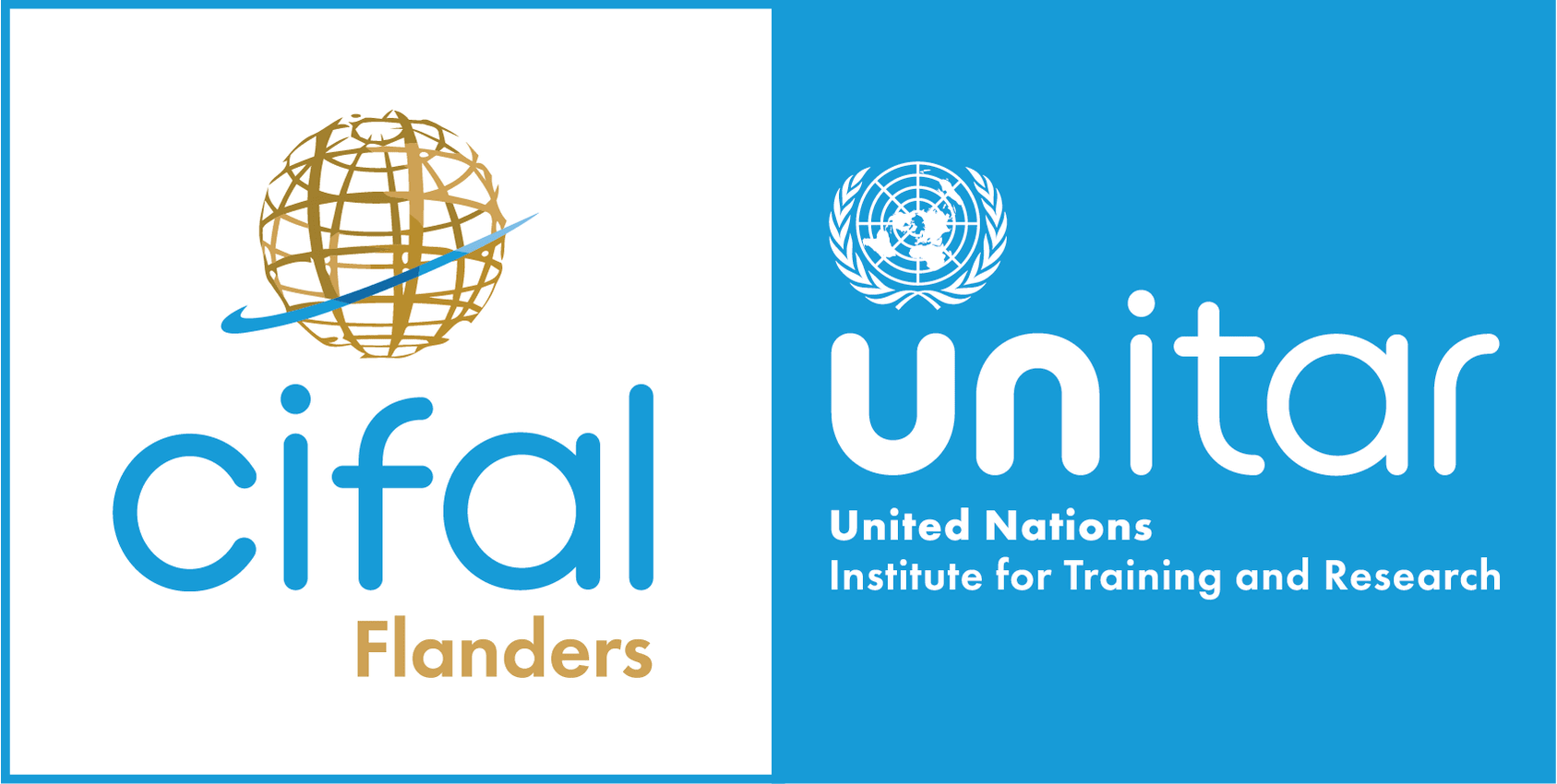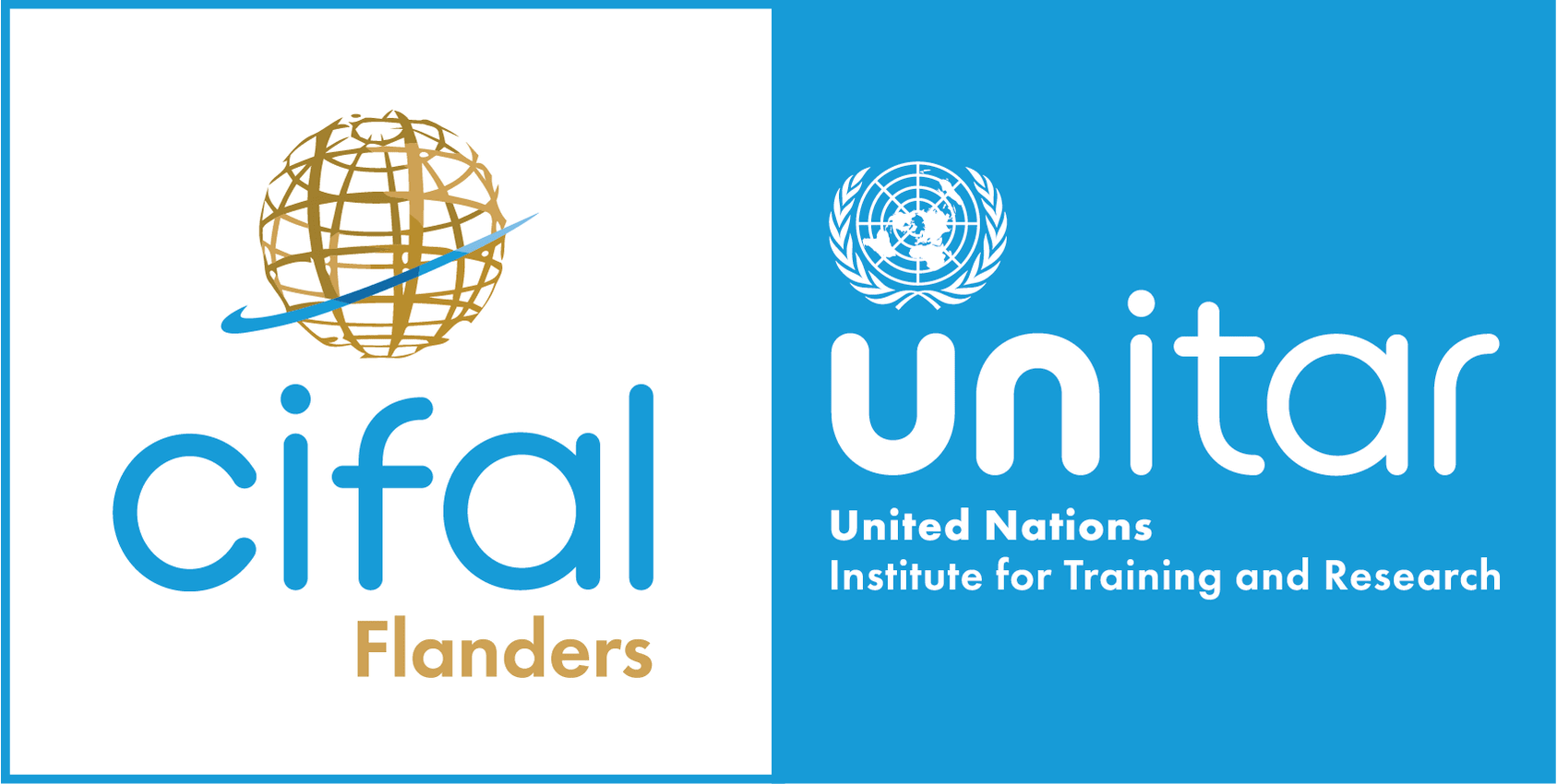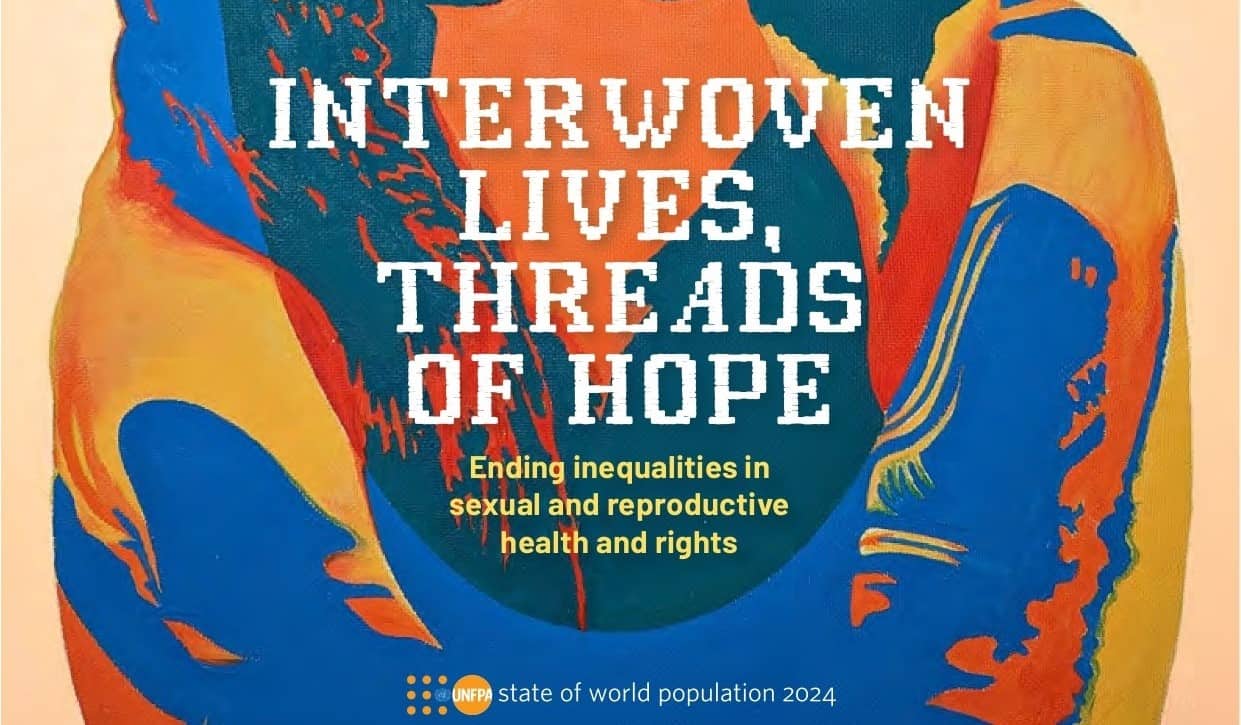On 17 April, UNFPA launched their annual flagship State of World Population Report 2024, titled “Interwoven Lives, Threads of Hope: Ending Inequalities in Sexual and Reproductive Health and Rights”. Over the past three decades, there have been significant advancements in reproductive health and rights, which are vital for global development. The rate of unintended pregnancies has decreased globally by nearly 20%, and the usage of modern contraceptives has doubled. Maternal deaths have reduced by 34% since 2000, and 162 countries have implemented laws against domestic violence. Despite these achievements, progress has been insufficient and uneven. Gender-based violence remains prevalent, and maternal mortality rates have not improved since 2016, with increases in some countries. Furthermore, approximately half of the women around the world still lack the autonomy to make decisions regarding their bodies.
The report highlights that inequalities remain a substantial obstacle. While there have been overall improvements in healthcare access, the most marginalised women have benefited the least. Discrimination based on ethnicity, socioeconomic status, and other factors continues to limit access to necessary healthcare services, especially for women of African descent and indigenous populations, who are at higher risk. UNFPA emphasises the importance of focusing on those most marginalised, improving data collection, and ensuring healthcare is inclusive, and based on human rights. Addressing these challenges is crucial for fulfilling the promise of universal sexual and reproductive health and rights, and for achieving a fairer, economically stronger future.


